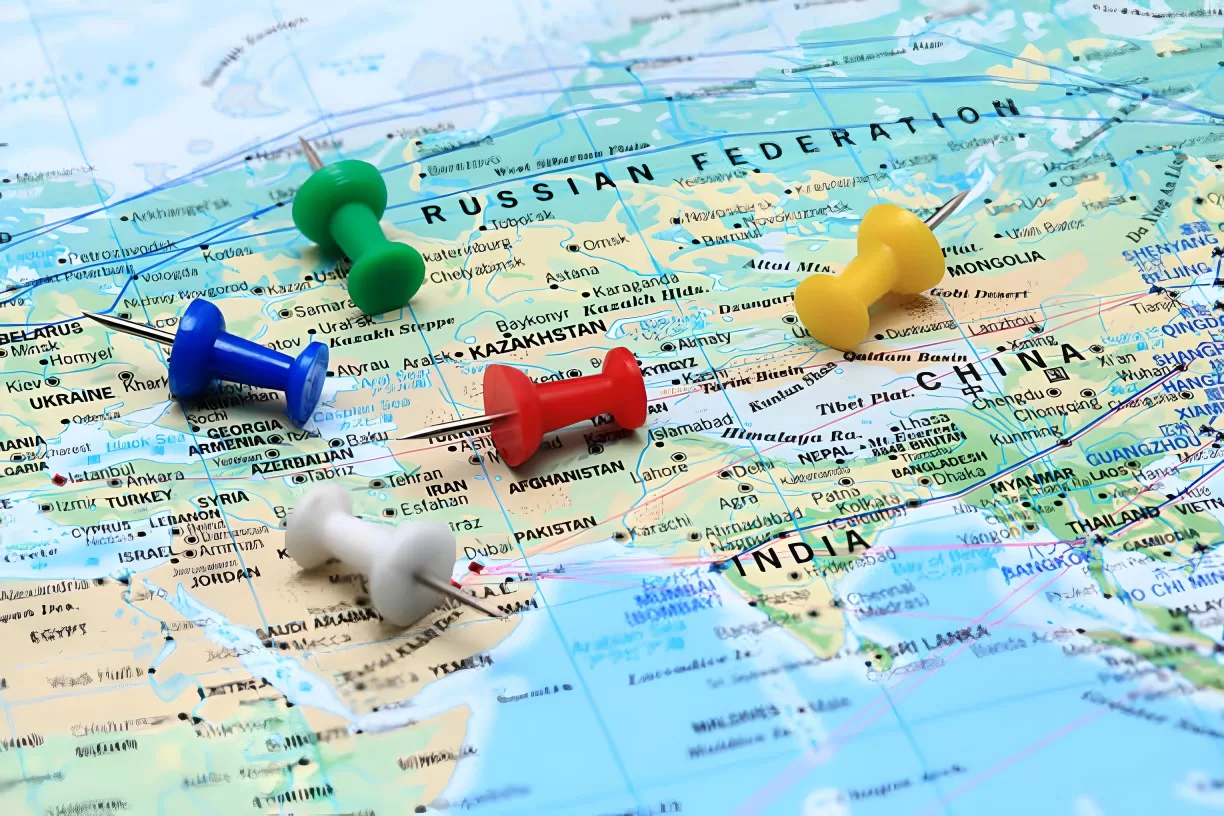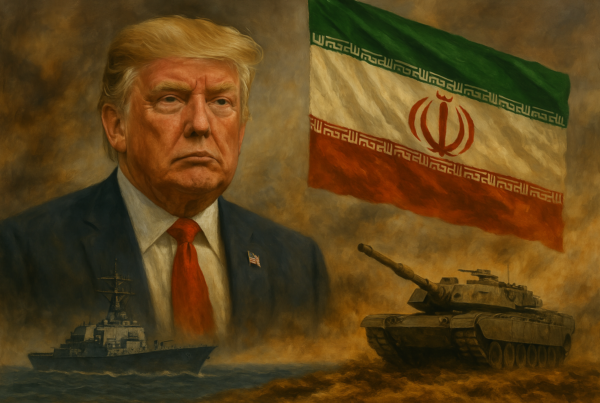The South Caucasus poses a serious problem for Russia. The same goes for the entire near regions, with the exception of Belarus. Only with Minsk are relations fundamentally sound and trustworthy. Everything else is highly problematic.
The issue lies in the lack of a clear strategy. For the last thirty years, Russia has been moving in three directions simultaneously:
- It has sought to integrate into the West-centric global world (initially on any terms, then, under Putin, on the condition of maintaining independence);
- It has fortified its own sovereignty (both in the face of the West and neighbouring states);
- It has tried to play a leading role in the post-Soviet (imperial) space and partly to promote (unsystematically, fragmentarily, and inconsistently) Eurasian integration.
All three vectors have pulled the country in different directions and demanded mutually exclusive strategies. As a result, we have found ourselves where we are now, post-SMO (Special Military Operation): in direct confrontation with the West over the post-Soviet space.
However, we still hesitate to openly declare the SMO’s objectives in their geopolitical dimension. It would be appropriate to calmly and coolly acknowledge that we will fight until the complete capitulation of the Nazi regime in Kiev and establish direct military-political control (which is the sole meaning of demilitarisation and denazification) over the entire territory of the former Ukraine. And we are prepared to fight as long as it takes to achieve victory. This clarity would instantly influence our entire strategy in the near regions: Russia will not tolerate Russophobic regimes and tendencies in this territory under any circumstances.
Despite our inconsistency and lack of system, geopolitics has demonstrated an essential principle over the past decades. The territorial integrity of any post-Soviet state can only be guaranteed through positive or neutral relations with Russia. Any attempt to directly side with the enemy (and the West is an enemy – this is a geopolitical axiom, and anyone who doubts it is either ignorant or a foreign agent) jeopardises the territorial integrity of the country taking such a step.
This began in the 1990s with Transnistria, Nagorno-Karabakh (when Azerbaijan had the Russophobic globalist ‘Popular Front’ government), South Ossetia, and Abkhazia.
Transnistria remains frozen to this day. South Ossetia and Abkhazia were detached from Georgia in response to Saakashvili’s act of aggression, spurred on by Soros and globalist forces (notably, Bernard-Henri Lévy). Under Pashinyan, Armenia challenged Russia, while Baku, in contrast, acted skilfully and amicably – resulting in Nagorno-Karabakh transitioning from Armenian to Azerbaijani control. While Kiev had a multi-vector approach, it retained Crimea, Donbass, Kherson, and Zaporizhzhia. However, as territories began to break away and Russophobia escalated into a full-blown war with the Russian world, the existence of Ukraine will cease altogether.
The West cannot guarantee territorial integrity for anyone within Eurasia; all its promises are bluffs. Yes, the West can still inflict significant damage on Russia – even at the cost of annihilating an entire country (as in Ukraine’s current situation). However, preserving, protecting, building, creating, and organising? That is not their forte.
But let us return to the Caucasus.
If we desire genuine Eurasian integration, we need a consistent plan, not merely a series of reactive – albeit sometimes effective – moves. We must be proactive. In reality, the West never truly believes its promises to those neighbouring Russia that tread a path of direct geopolitical Russophobia. Regardless of their delusions, for the West, it is enough to ignite conflict, and if, as a result, an ally is torn apart, fragmented, and obliterated, it does not bother them. For Russia, they mean much more. Even without the high-flown rhetoric of the friendship of nations, it is simply our shared, united land. And these are peoples united with us in their historical fate, no matter how much their elites, funded by the West, might try to convince them otherwise.
If the West now desires to open a second front in the South Caucasus, especially in light of the failure of Ukraine’s counteroffensive, they would find it relatively easy.
Pashinyan, leading an Armenia still allied with Russia, is entirely under the West’s control. He surrendered Karabakh and did not lift a finger to defend the Armenians. He has led the country towards destruction, and the West was evidently ready and actively facilitated it. But Pashinyans come and go, while the people remain. Would we, the Russians, be morally at ease watching Armenia turn into a bloodbath, following the paths of Libya, Iraq, Syria, and Ukraine?
Sitting and waiting for the awakening Armenians to realise on their own that such a leader is disastrous for Armenia is unproductive. They seem never to awaken, shouting Soros-prepared slogans outside our embassy and burning Russian passports. This is just one – the most obvious – potential flashpoint in the Caucasus.
Many fear that Turkey, viewing itself as a full participant in Azerbaijan’s victory in Nagorno-Karabakh, will start taking a more active, Russia-unfriendly stance in the South Caucasus. Often, these fears are exaggerated, as Turkey’s priorities lie in strengthening and maintaining influence in the Eastern Mediterranean, in the former Ottoman Empire’s domain. Only afterwards, and mostly under NATO and US pressure, does Ankara plot its Caucasus or Turkic Eurasia strategies. Turkey is not a direct antagonist to Russia, but if the South Caucasus ignites, it will be every country for itself.
Regardless, we find ourselves in a tricky situation in the South Caucasus. Essentially, the West could detonate it at any moment if they decide to open a second front. And we would only be left to react. Yes, sometimes we do that quite well – the enemy’s calculations crumble and backfire. But not always.
Hence, without wasting time, we should engage in thorough and decisive strategic planning: how do we envision the South Caucasus, and how do we make that vision a reality? Moreover, we need to finally decide on our stance towards the entire post-Soviet space. If we want it to be friendly, allied, or at least neutral, then we must take steps to ensure that. It will not naturally gravitate towards or maintain that state on its own.
It is time for Russia to take the offensive. In Ukraine, in the South Caucasus, across the whole Eurasian expanse. We need aggressive realism. Plans, cold and sober analysis, and effective, purpose-driven actions.








Thank you for your thoughts on this, and other, topics, Mr. Dugin. My condolences on the passing of your daughter, at the hands of the murderous Banderites.
Desde America Central la Eurasia se ve tan lejos, compredi absolutamente el articulo y veo enseñanza contundente sobre la geopolitica de esa zona, gracias maestro.